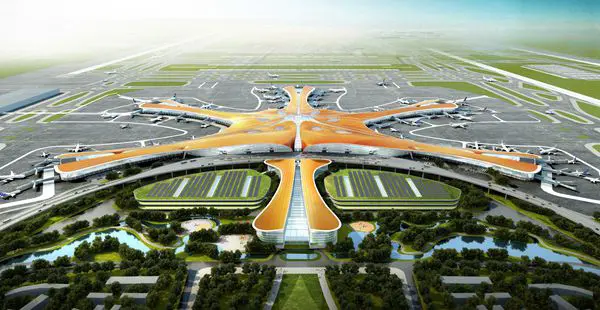As Tony Abbott continued to flounder as Australia's prime minister, his dwindling popularity reflected in increasingly grim poll results, and the 2016 election began to loom large on the horizon, it was probably only a matter of time before a challenger emerged from the Liberal Party ranks.
But the speed with which Malcolm Turnbull launched his challenge on Monday, and then spectacularly secured the party leadership and therefore the prime ministership in a spill that night, surprised just about every political observer in Canberra.
Turnbull, the wealthy former lawyer and banker, was jolted into action at the weekend, following a Newspoll which showed a 10- percent swing against the coalition in the usually safe seat of Canning in Western Australia.
That was the trigger Turnbull needed. The by-election in Canning, a seat the government holds with an 11.8-percent margin, is planned for Saturday, and had Abbott's chosen candidate lost, it would have been disastrous for the Liberals in the lead-up to the federal election.
Turnbull's timing, almost a year away from an election, means he has the time to fix some seemingly irreparable damage caused by Abbott's spluttering government.
At his victory media conference after the swift and almost bloodless coup on Monday night, Turnbull vowed to deliver clearer "economic vision" and lead a government "that is agile, innovative and creative."
He will prove to be a friendlier option as Liberal leader, who, in Turnbull's words, would uphold the values laid out in Robert Menzies' founding principles.
"It will be a thoroughly Liberal government committed to freedom, the individual and the market," Turnbull said late Monday, following his victory in the Liberal party room.
"It will be focused on ensuring that in the years ahead, as the world becomes more and more competitive and greater opportunities arise, we are able to take advantage of that."
He said he was determined to reinstate a "thoroughly traditional" government and hinted at sweeping changes to the party's front bench, declaring that Abbott had been economically irresponsible.
Judgment Day for Abbott had seemingly been looming not long after Labor was ousted in 2013; Abbott delivered a disastrous first budget, made a string of empty promises and damaged not only his personal brand but the party's brand with his brash and uncompromising leadership style.
Following a failed leadership spill in February, Abbott asked for "six months" to turn it around.
He was given seven, before once-loyal party members decided they had enough, not two years into his office term. Turnbull won the internal leadership vote 54-45 on Monday night, securing the Liberal leadership until at least the next federal election - seven years after he was last at the coalition's helm as opposition leader.
Social Services Minister Scott Morrison has been flagged to take over the Treasury position, ousting Joe Hockey who had been out of favor since the government's first budget.
Turnbull will feel a push from the outside to promote younger, fresh MPs to cabinet positions, while an emphasis on greater female representation on the front bench has also been floated.
Ultimately, voters left of the political compass will feel refreshed by his views on pertinent social issues such as same-sex marriage, climate change and his opinions on the monarchy, while those on the far right have seemingly been reassured that his party's climate change policy will, for now, remain unchanged.
Turnbull said in a speech following the Liberal party room's vote that the coalition had been in a non-stop spiral, one that ultimately pushed him to challenge for the leadership.
He said the country would go backwards economically and socially under an "utterly unfit" and "catastrophically reckless" opposition leader, Bill Shorten - should he be elected at the next election, something that looked more likely as Abbott's time in charge went unopposed.
"We have lost 30 Newspolls in a row (to Labor). It is clear that the people have made up their mind about Mr Abbott's leadership," Turnbull told the press on Monday.
Turnbull said Labor's Bill Shorten would destroy the China- Australia free trade agreement, something, he believed, could not be allowed to happen.
The former communications minister is also a staunch republican, who has fought for Australia's right to cut ties with the monarchy in Britain, something which could prove popular with young voters.
It is thought that Turnbull's approach to climate change is what cost him the leadership vote back in 2009, but fast-forward early seven years, it could be an approach that brings him into favor with the public.
While he has said he is satisfied with the party's climate change targets heading into a summit in Paris later this year, Turnbull was one Liberal MP who supported an emissions trading scheme, meaning Australia could become a more environmentally responsible economy if he remains at the helm.
Turnbull was also a Liberal backer of same-sex marriage becoming legal in Australia.
But, as he has said, Turnbull has an uphill battle to reverse the fortunes of a coalition government that had entered a stall it could not arrest without a change.
But with 10, possibly 11 months to restore some voter confidence in the government, Turnbull, finally taking his long- awaited seat as Prime Minister, is the Liberal Party's best shot at it.
 简体中文
简体中文

